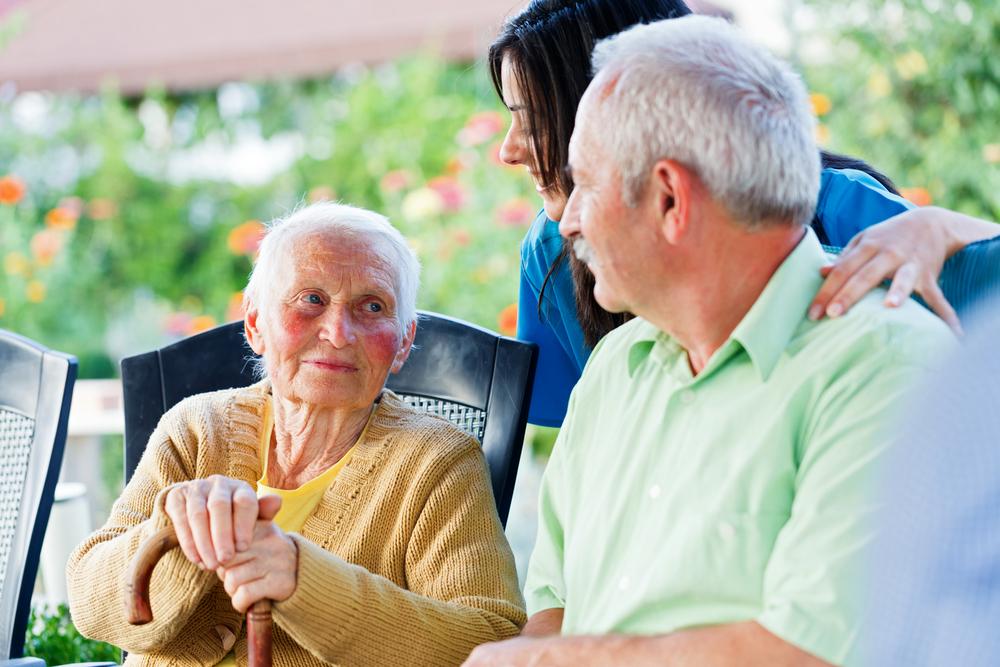Facts to Know about Dementia
Dementia is basically a broader term used for the various cognitive abnormalities which a person develops. It can be a precursor of various diseases and brain disorders. A patient can experience forgetfulness and permanent loss of memory in this case.
Alzheimer’s disease is the primary type of dementia, causing up to 60% of the total cases. Vascular Dementia often happens after strokes. Other reasons why it can occur are thyroid problems and deficiencies of several vitamins. In this case, reversible dementia can be caused.
According to a recent census by the Alzheimer’s Association, around 4.7 million senior citizens are diagnosed with Alzheimer’s disease in the country.

Causes of dementia
The main cause of dementia is the damage to the brain cells. Due to this damage, the brain cells lose the ability to communicate with each other. This results in the dysfunction of the brain.
Here are some reasons why cells get damaged in the brain.
Alzheimer’s disease
It is progressive dementia. There are several regions of the brain which control different functions of the body. Cell damage in a particular region results in the disability of carrying out the particular function.
In the case of Alzheimer’s, the cells of the Hippocampus region get damaged. This results in the onset of memory loss.
Vascular dementia
It is caused by the damage and rupture of the blood vessels supplying blood vessels to the brain.
Frontotemporal dementia
In this case, degeneration of the nerve cells happens in the lobes of the brain. The frontal and the temporal lobes largely get damaged by this. Personality and behavioral abnormalities occur due to this.
Lewy body dementia
The abnormal clumps found in the brain are known as Lewy body. The cause of the formation of this protein is not known like other types of dementia.
Mixed dementia
It is the mix of all the above kind of dementias. A combination of other dementias is found in the brains of 80-year-old people and above.
- The other causes which are linked to the development of dementia are Parkinson’s disease, Huntington’s disease, brain injury, Creuzfeldt-Jakob disease.
- There are several risk factors which can increase the chances of developing dementia. They are family history, age, Down syndrome, memory impairment, smoking, addiction, depression, and diabetes.
- HIV infections can also cause brain cell damage often leading one to experience dementia.
- Reversible conditions of dementia are depression, poisoning, deficiencies of the minerals and vitamins and abnormalities of the thyroid.
Symptoms of dementia
Some of the prominent symptoms of dementia are difficulties in doing the regular tasks, memory loss, problems faced while thinking, mood changes, miscommunications, loss of initiative. Some early signs of dementia are short-term memory loss, mood swings, confusion, and apathy.
Treatments for dementia
There is no cure for dementia as the cell damage of the brain is irreversible. However, there is some medication which helps to slow down the pace of the cell damage in the brain.
In the case of the Alzheimer’s disease, cholinesterase inhibitors are the generally used medications. In case one has non-degenerative dementia, medications can be given to suppress the damage of the brain cells. Although are approved for usage in the country, it is advisable to consult a medical practitioner before taking any medication.

